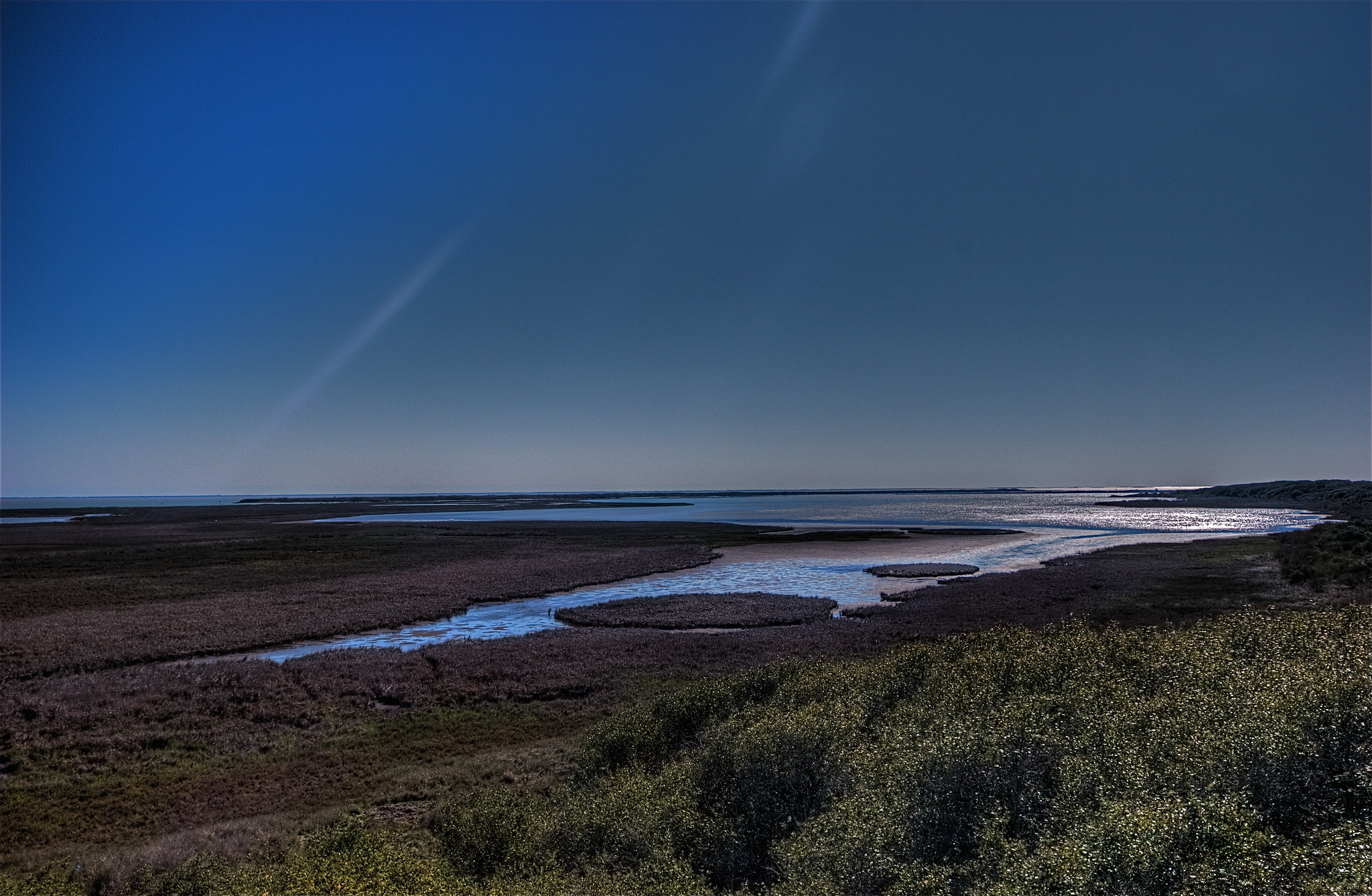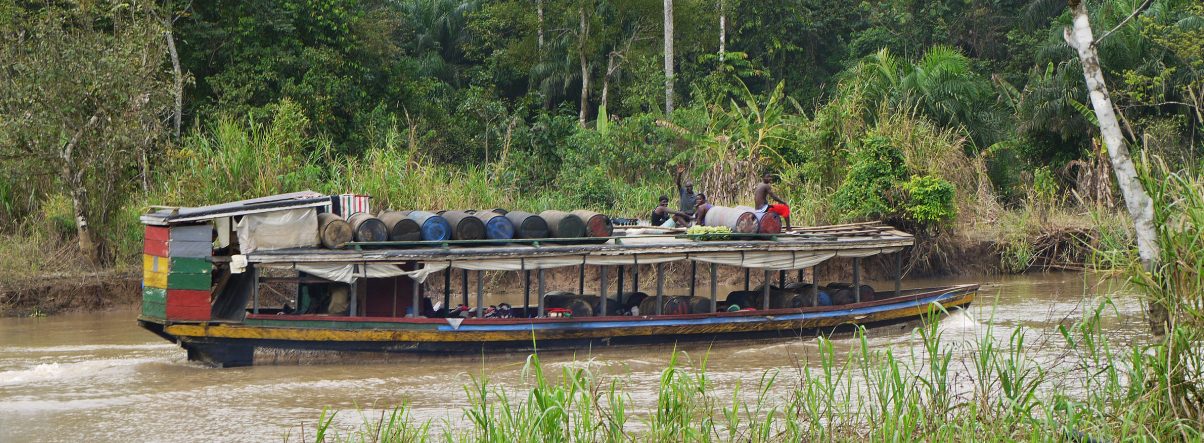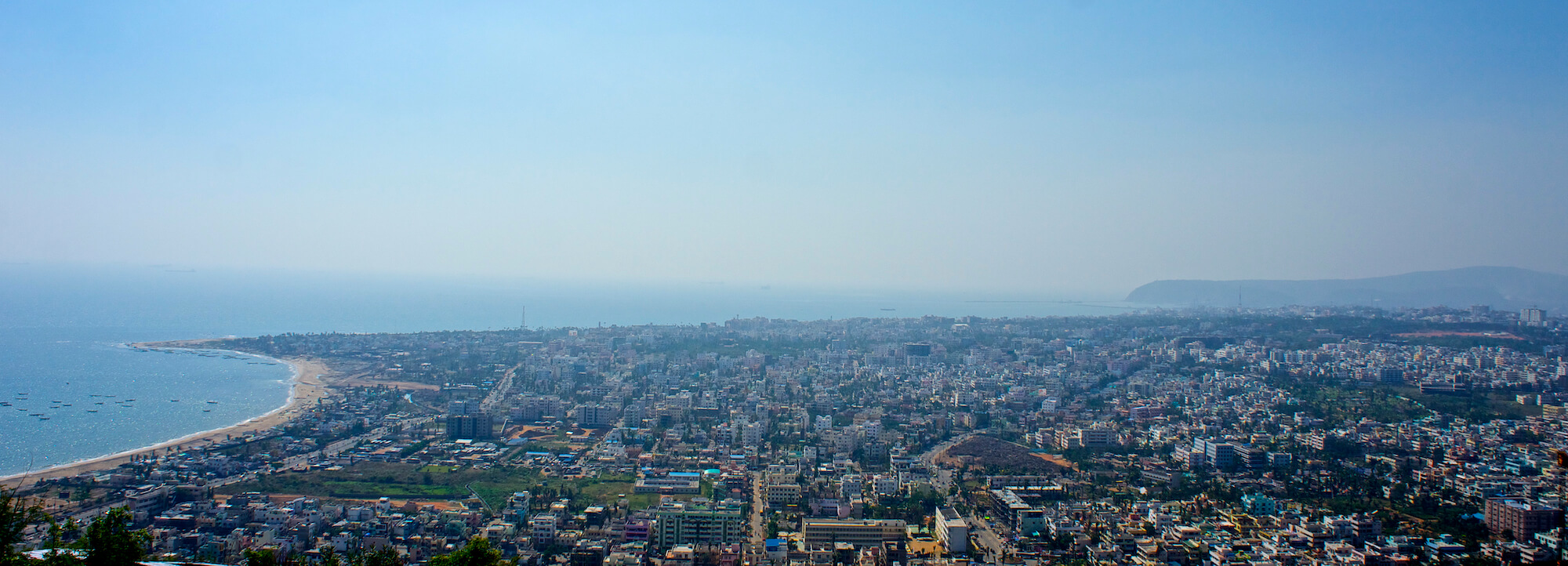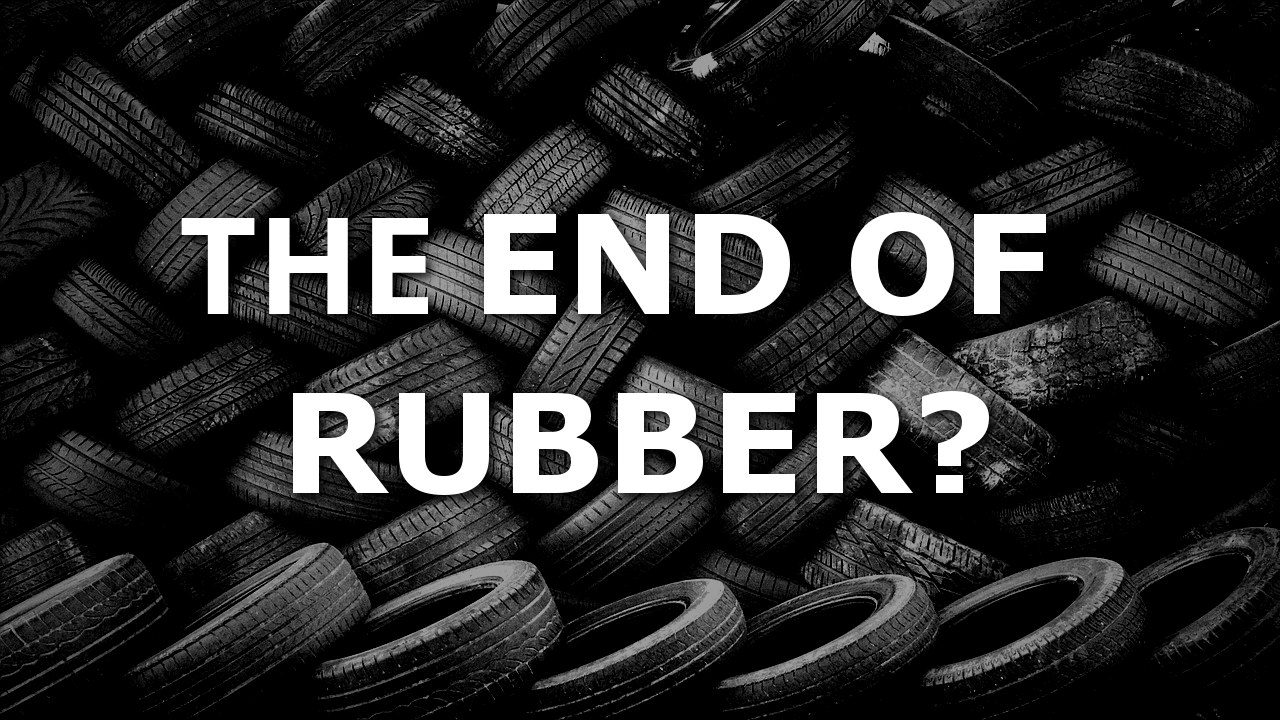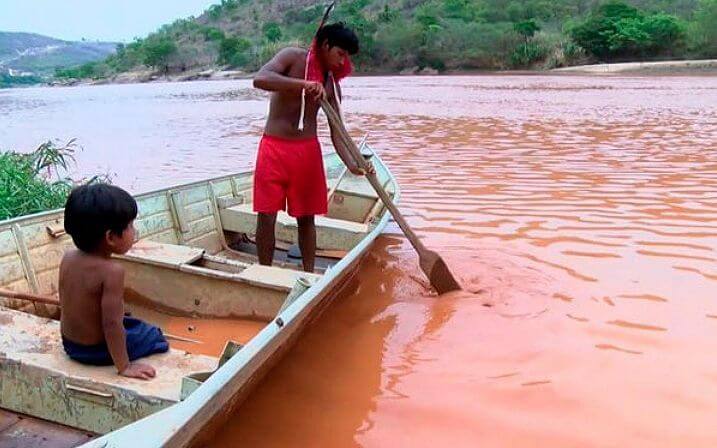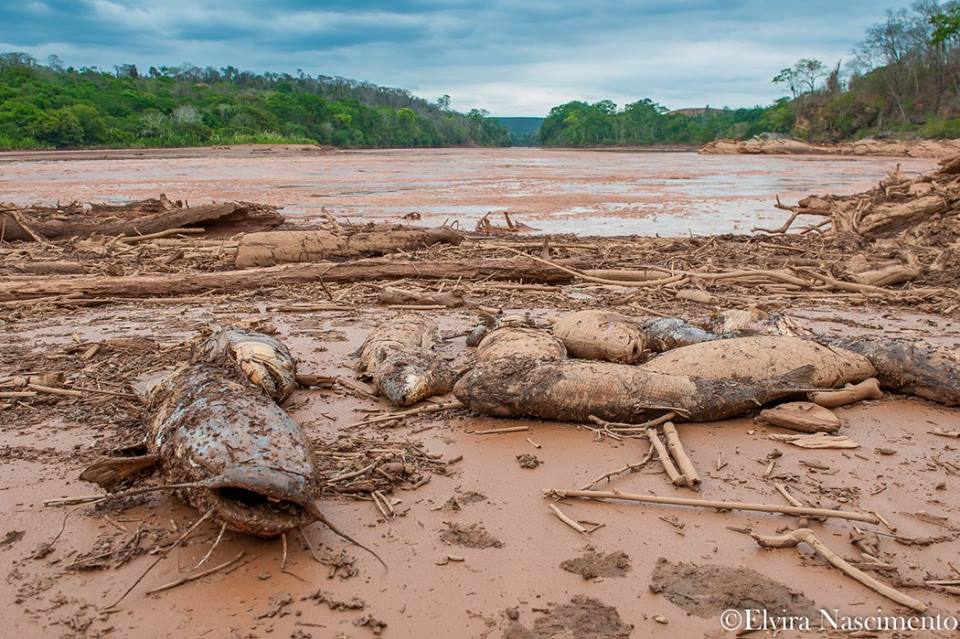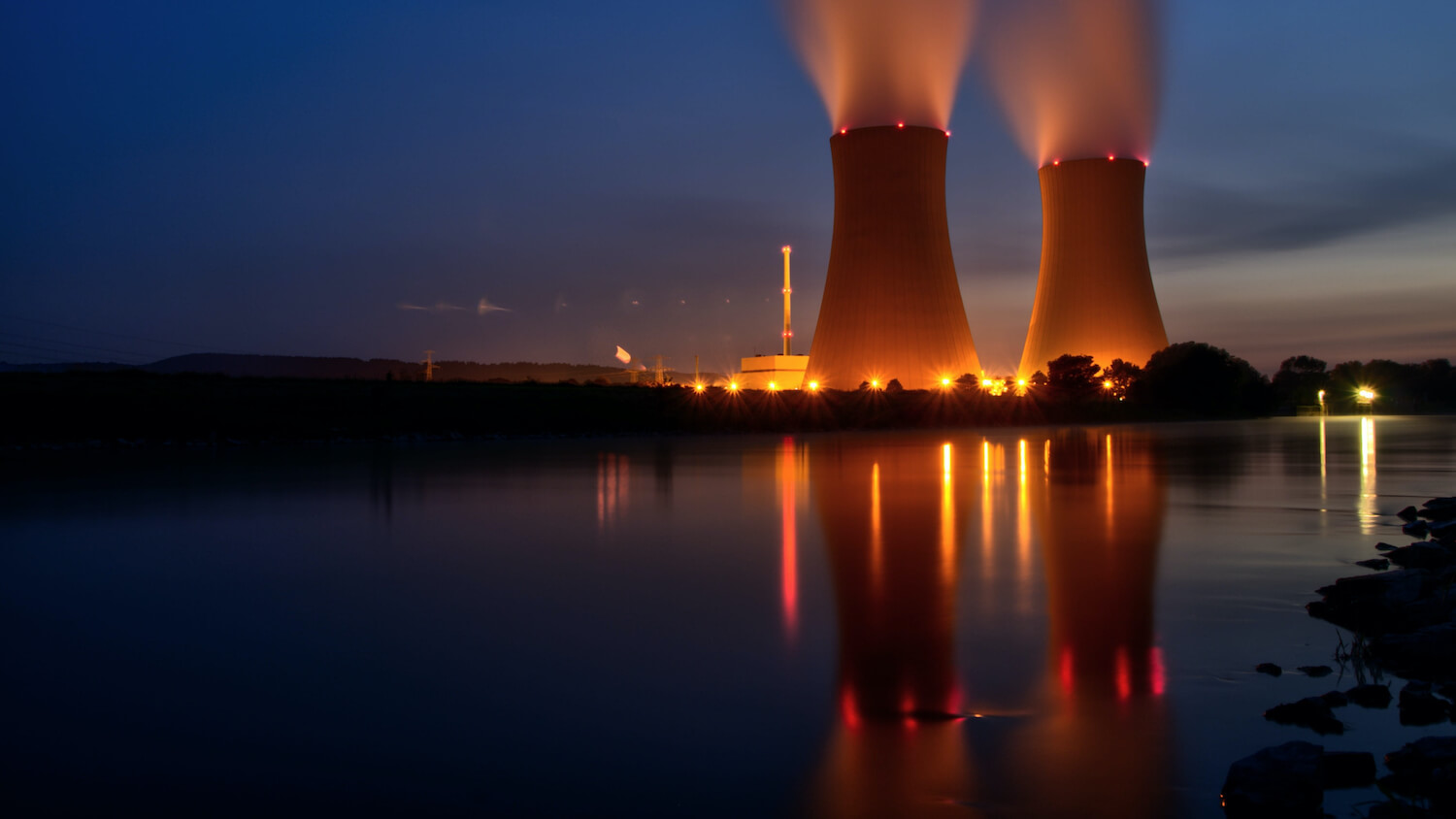
Dumping Nuclear Waste in the Pacific
Editor’s note: The 2011 nuclear disaster in Fukushima, triggered by an earthquake and a tsunami, was one of the worst nuclear accidents of the twenty-first century to date. Nevertheless, worse ones might come in the future. In the quest for energy to fuel the machine, industrial civilization has built many vulnerable hazardous structures that can unleash highly toxic materials in the case of an “accidents.” Despite eleven years since the incident, TEPCO and the Japanese government haven’t been able to manage the waste water. Now, they are planning to dump it into the Pacific Ocean. Not only is the Pacific Ocean home to numerous marine creatures, it is also a source of livelihood for the humans who live near: the humans that the Japanese government claims to care for as their citizens. This decision by the Japanese government demonstrates, yet again, that decisions in this civilization are not made based on public welfare. More nuclear power means more weapons, more mining on indigenous lands, more CO2 emissions, more radioactive waste and more accidents. ...
